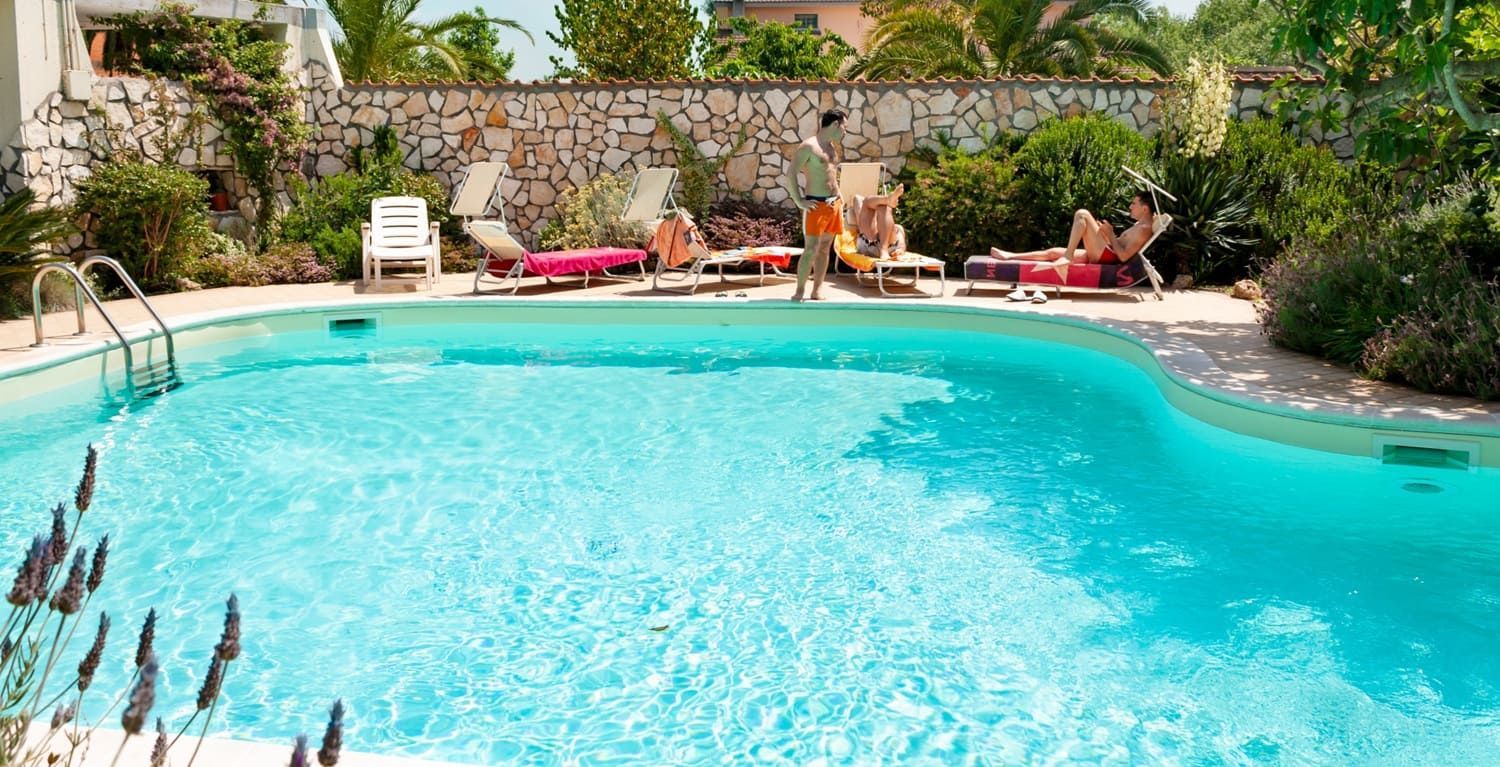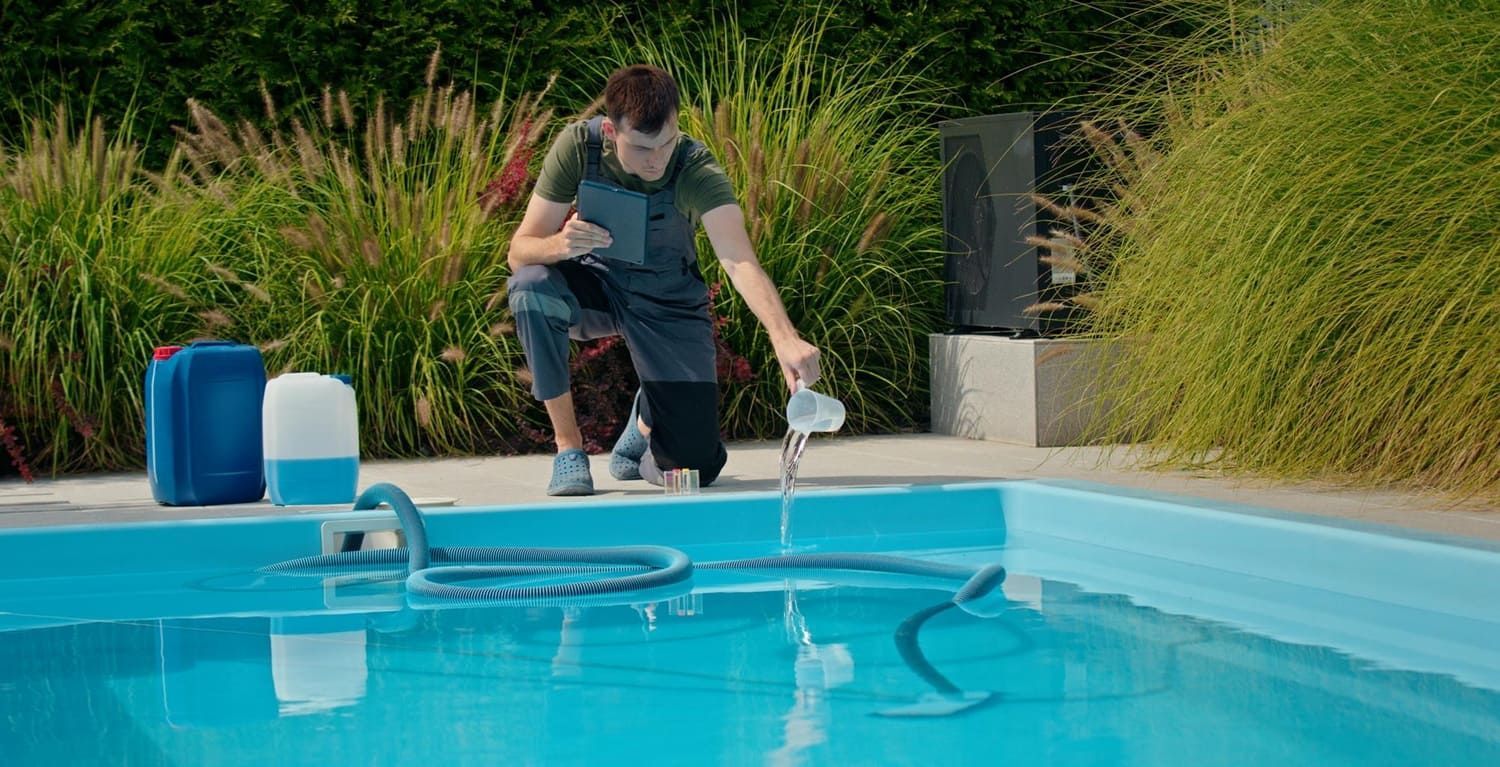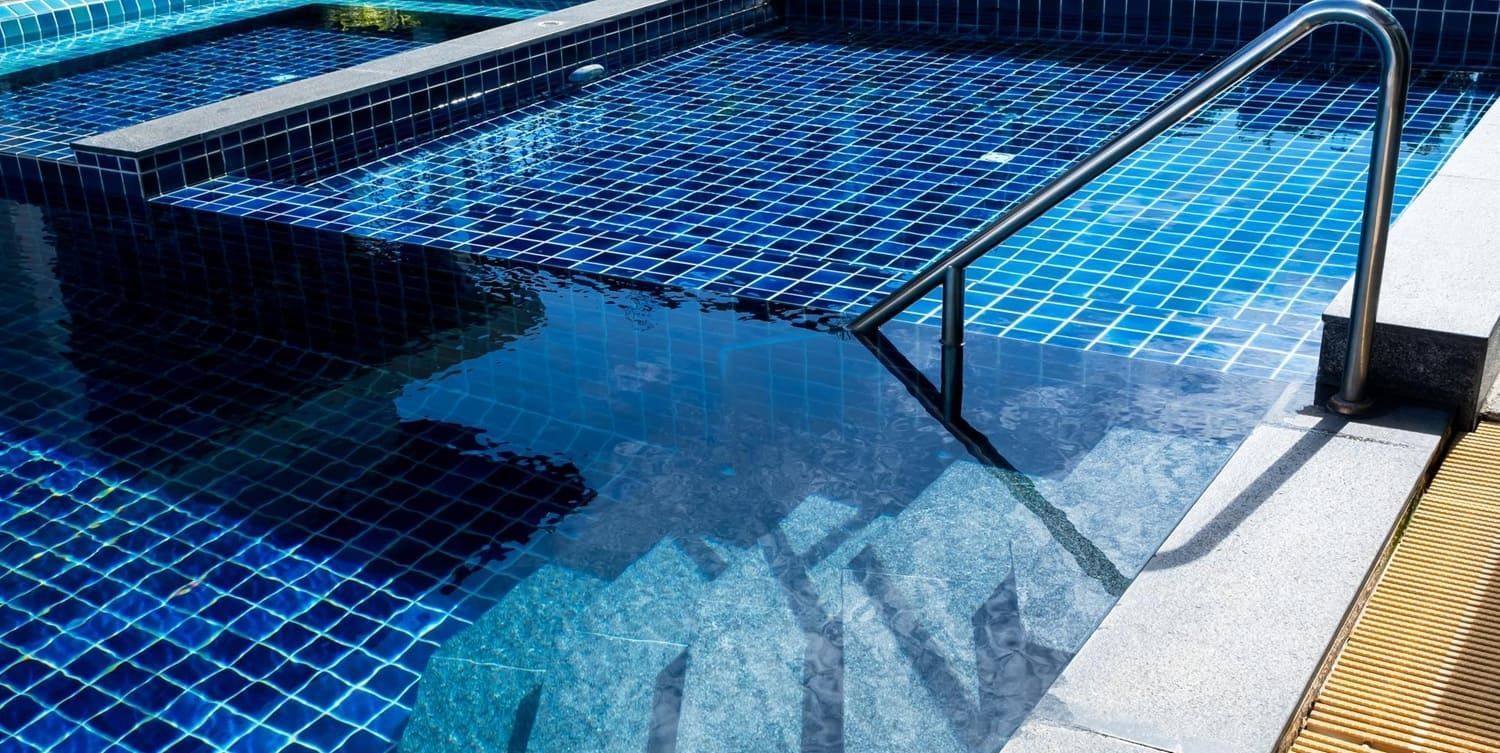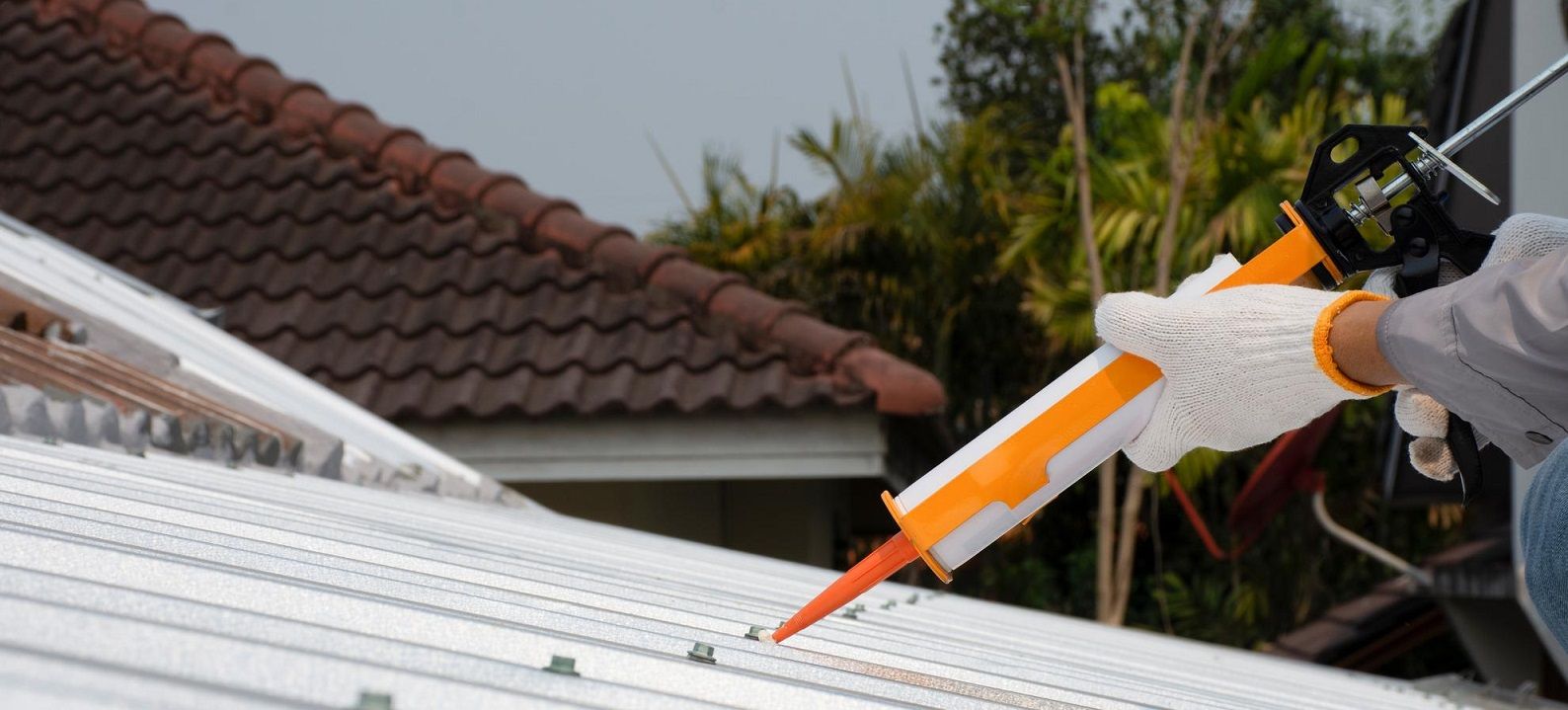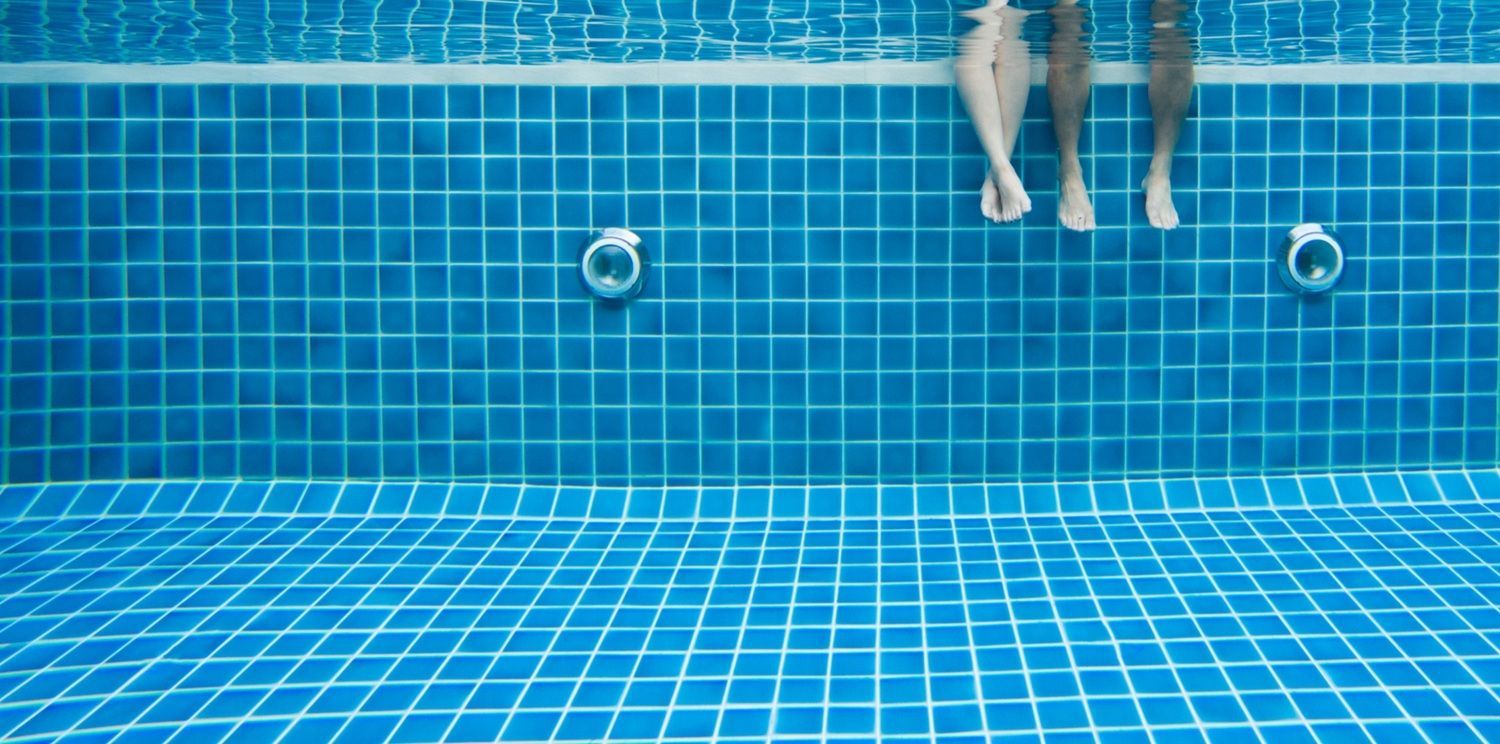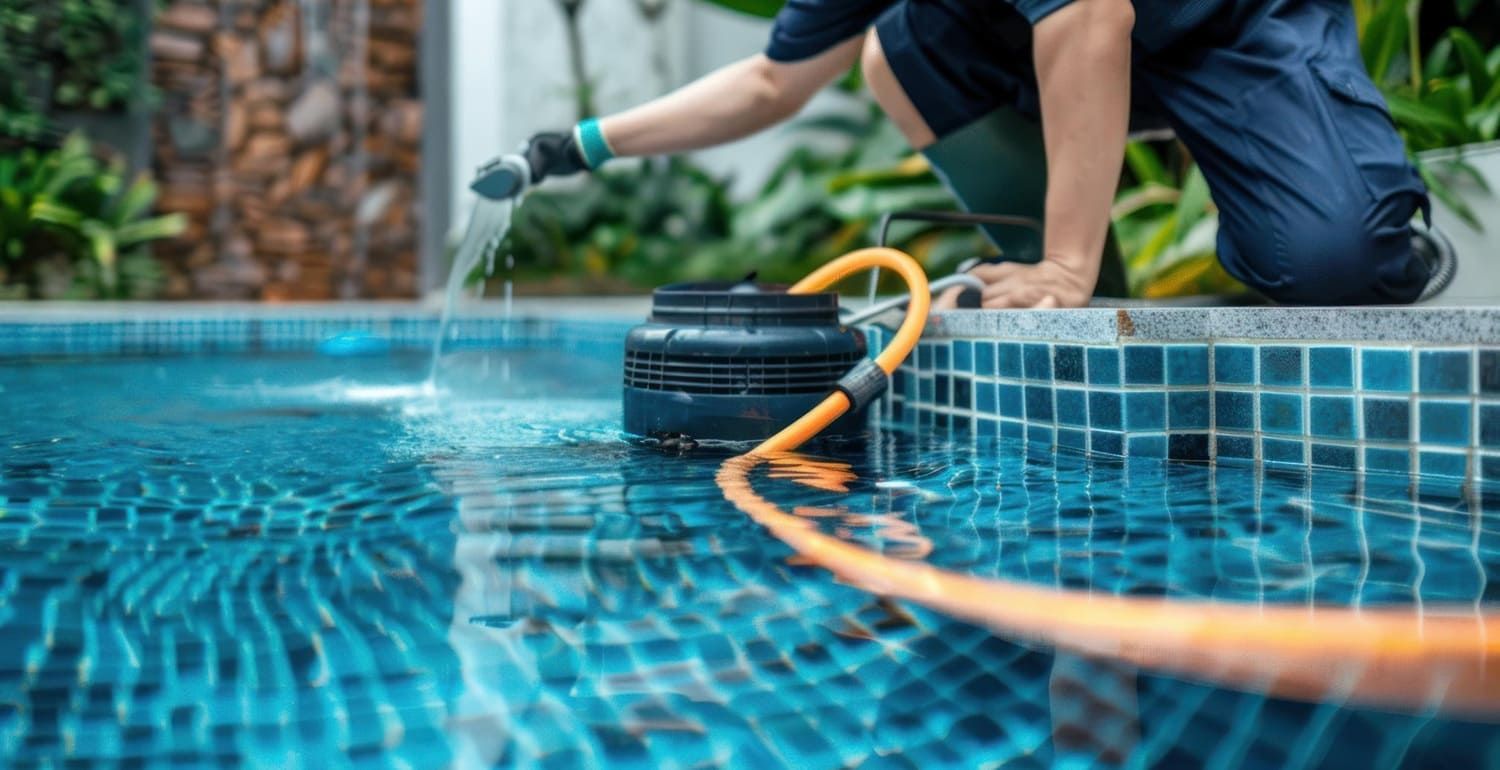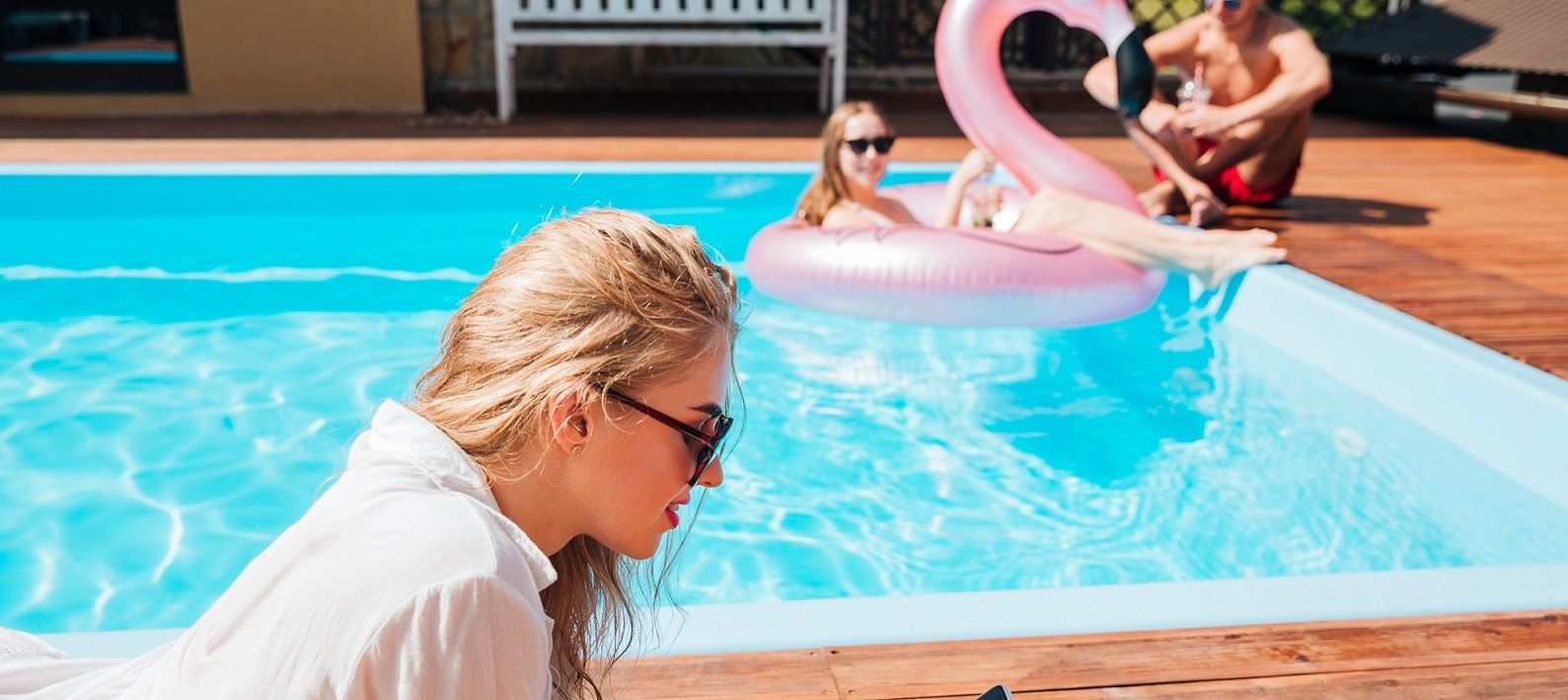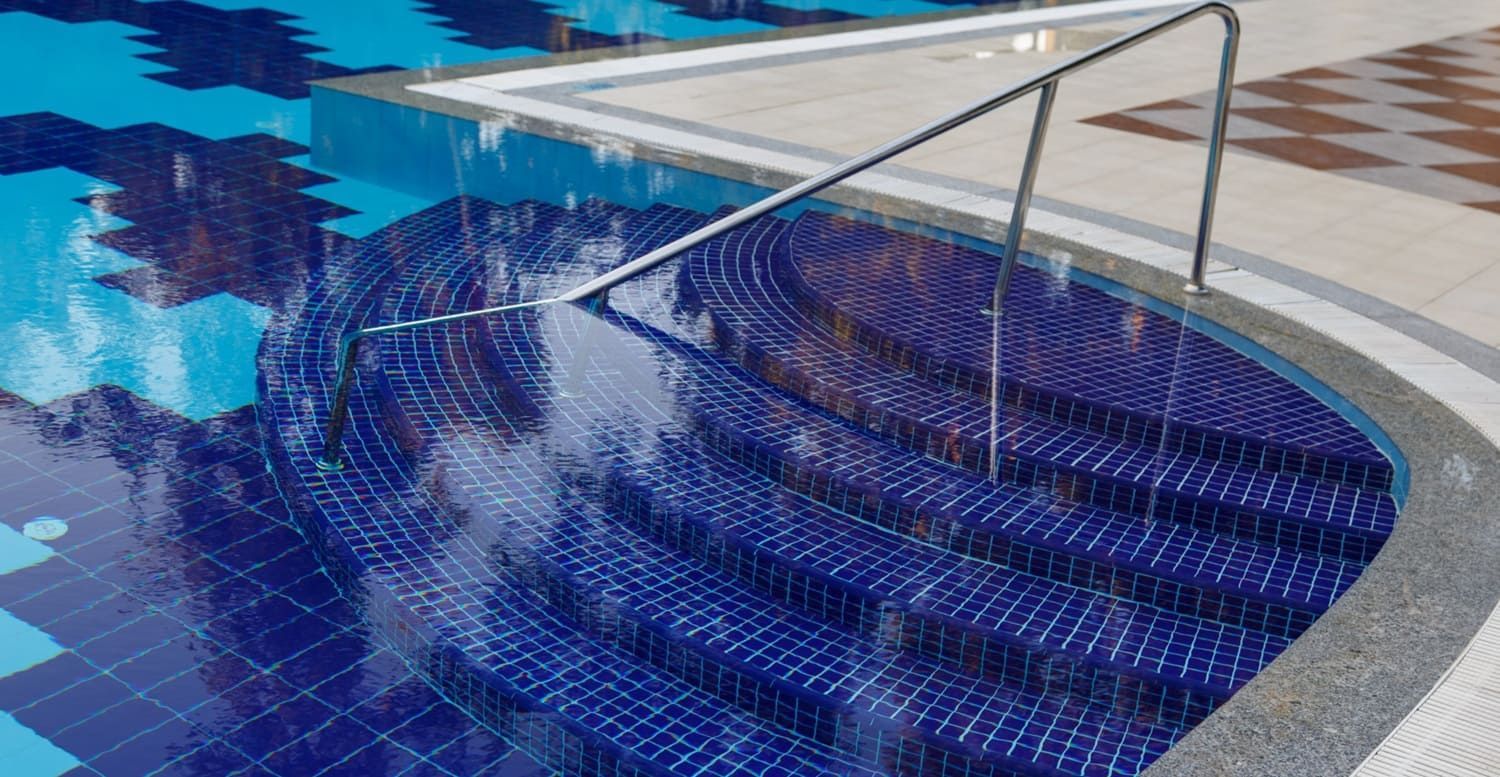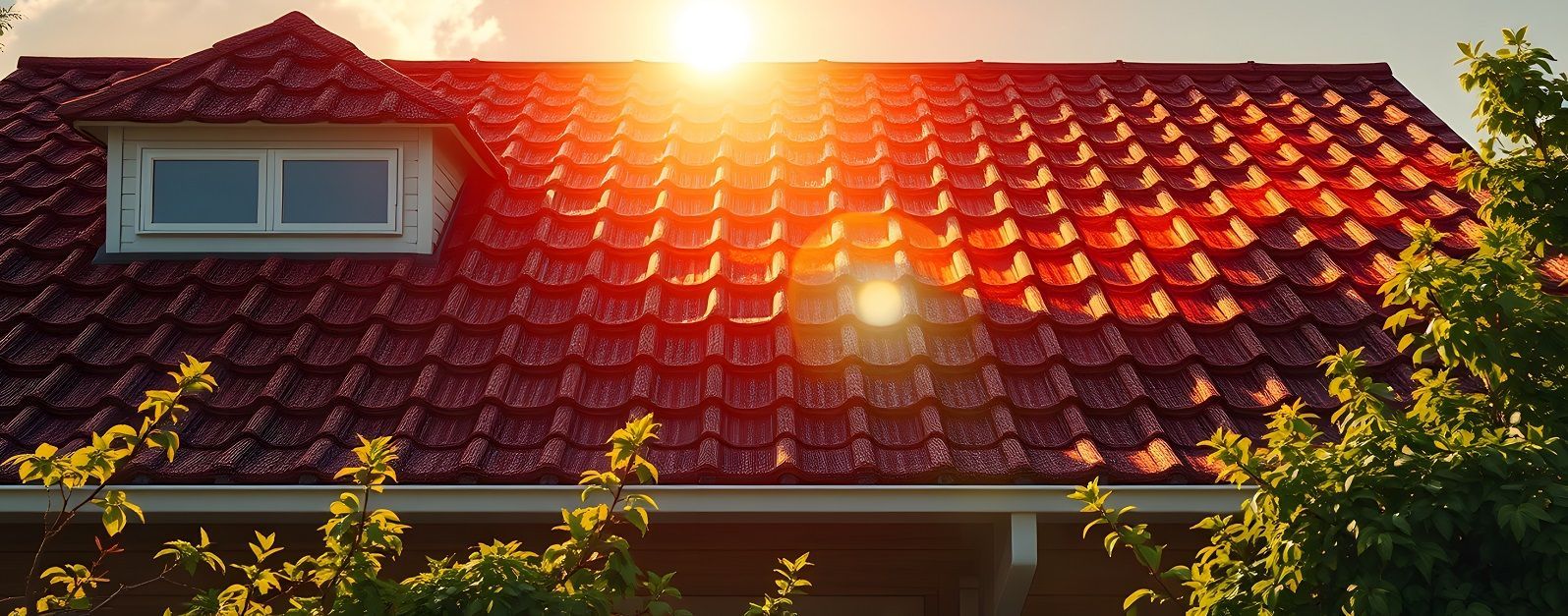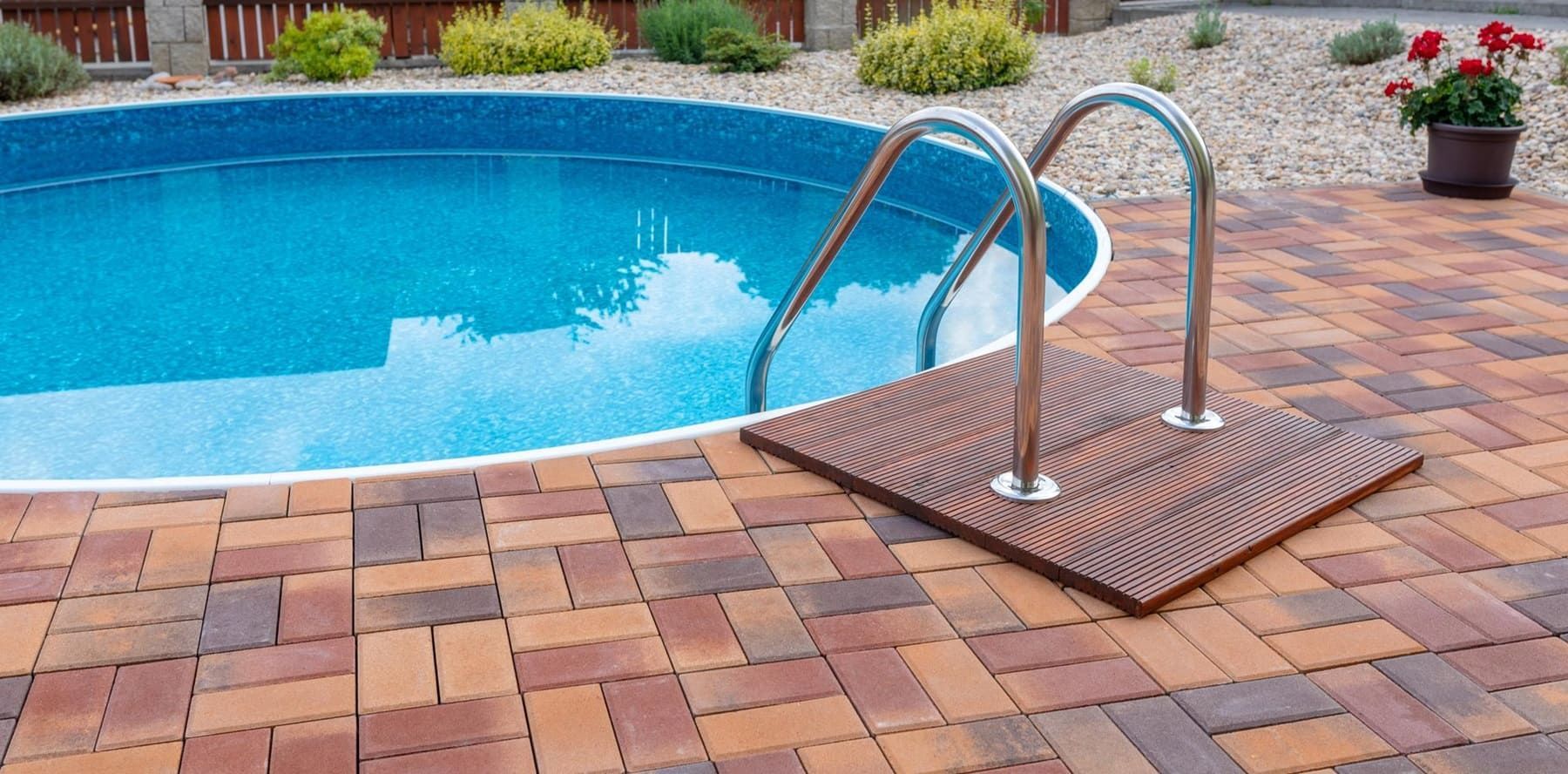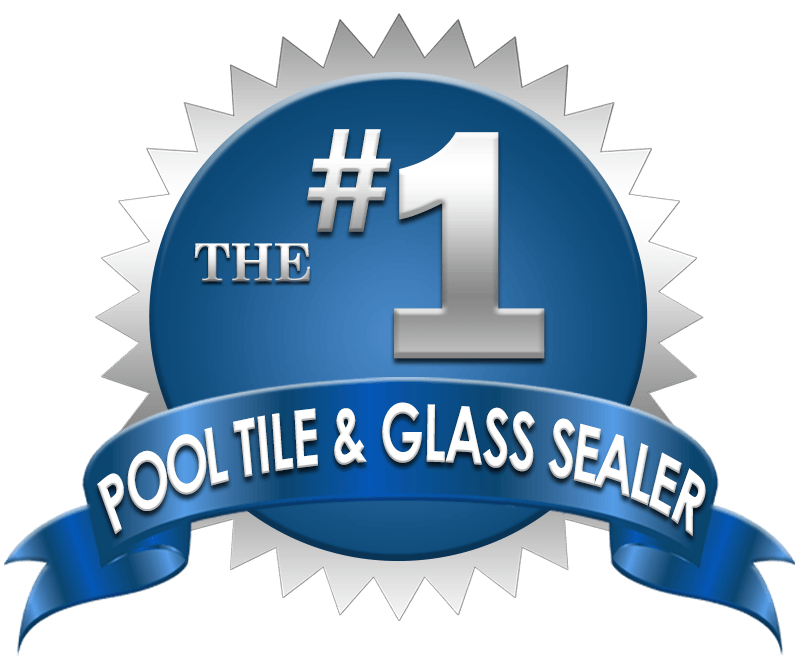Avoiding Common Pool Cleaning Mistakes that Affect Water Quality
Owning a swimming pool is a great luxury, but maintaining its pristine condition can be a daunting task. Proper pool maintenance is essential to ensure the water remains safe and inviting for swimmers. However, many pool owners unknowingly make common cleaning mistakes that can negatively impact the water quality. This article will guide you through avoiding these pitfalls to keep your pool in top shape.
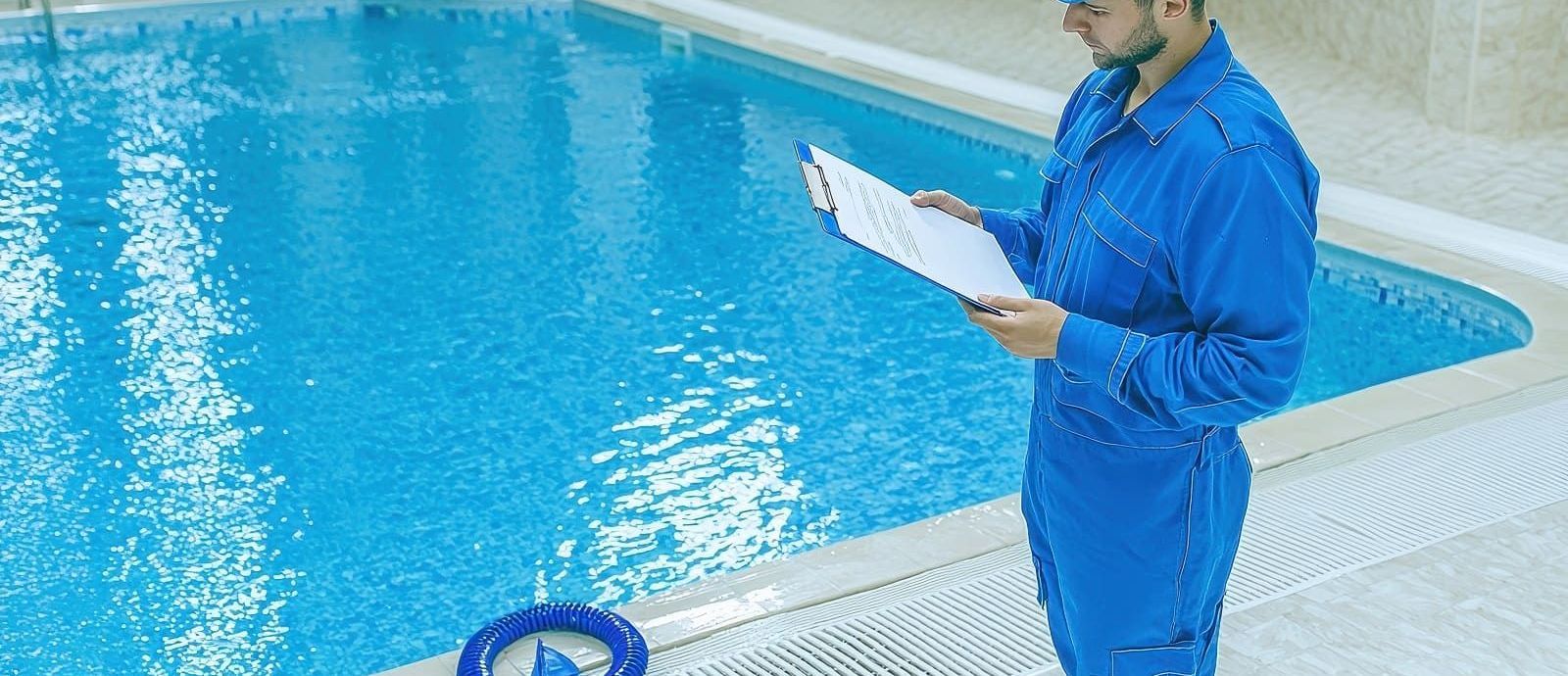
Understanding the Importance of Pool Maintenance
Maintaining your pool is not just about keeping it clean; it's about ensuring the water is healthy and safe. This involves balancing chemicals, removing debris, and regularly inspecting pool equipment. Poor maintenance can lead to a host of problems, including algae growth, cloudy water, and even structural damage to the pool.
Benefits of Proper Pool Maintenance
- Health and Safety: Proper pool maintenance ensures that harmful bacteria and algae do not thrive, keeping swimmers safe.
- Cost Efficiency: Regular maintenance prevents costly repairs and extends the lifespan of your pool equipment.
- Aesthetic Appeal: A well-maintained pool enhances the beauty of your backyard and increases the value of your property.
Common Pool Cleaning Mistakes
Despite the best intentions, pool owners often make mistakes that can compromise water quality. Let's look at some of these common errors and how to avoid them.
Incorrect Chemical Balance
One of the most critical aspects of pool maintenance is balancing the chemicals. An incorrect chemical balance can lead to skin and eye irritation for swimmers, as well as damaging pool surfaces and equipment.
Avoid These Chemical Mistakes:
- Ignoring pH Levels: Keep the pH level between 7.2 and 7.8. Too high or too low pH levels can reduce the effectiveness of chlorine.
- Overusing Chlorine: While chlorine is essential for sanitizing the pool, too much of it can cause skin and eye irritation. Use a reliable pool test kit to monitor chlorine levels.
- Neglecting Alkalinity: The total alkalinity should be between 80-120 ppm. Low alkalinity can cause pH fluctuations.
Inadequate Filtration
The pool filter is crucial in removing debris and maintaining clear water. Inadequate filtration can result in cloudy water and an increase in contaminants.
Filtration Tips:
- Regular Cleaning: Clean your pool filter regularly according to the manufacturer's instructions. A clogged filter can lead to poor water circulation.
- Proper Run Time: Ensure your pool pump runs long enough each day. Generally, it should operate for about 8 hours daily, but this can vary based on pool size and usage.
Skipping Regular Skimming and Vacuuming
Debris such as leaves and dirt can quickly accumulate in your pool, affecting water quality and appearance.
Skimming and Vacuuming Advice:
- Frequent Skimming: Use a pool skimmer net to remove floating debris daily. This prevents it from sinking and becoming harder to remove.
- Routine Vacuuming: Vacuum your pool weekly to remove debris from the bottom. Consider investing in an automatic pool cleaner for convenience.
Overlooking the Pool Walls and Tiles
Algae and grime can build up on pool walls and tiles, leading to slippery surfaces and unsightly stains.
Cleaning the Pool Walls and Tiles:
- Brushing: Use a pool brush to scrub the walls and tiles weekly. Pay special attention to areas with poor circulation where algae tend to grow.
- Specialized Cleaners: For stubborn stains, use a tile cleaner specifically designed for pool use.
Maintaining Pool Equipment
Your pool's mechanical systems need regular inspection and maintenance to function effectively.
Equipment Maintenance Tips:
- Pump and Filter Check: Regularly inspect the pool pump and filter for any signs of wear or malfunction. Address any issues promptly to prevent further damage.
- Heater Maintenance: If your pool has a heater, ensure it is serviced regularly to maintain efficiency and performance.
- Inspecting for Leaks: Regularly check for leaks in the pool structure and plumbing. Even small leaks can lead to significant water loss and increased chemical usage.
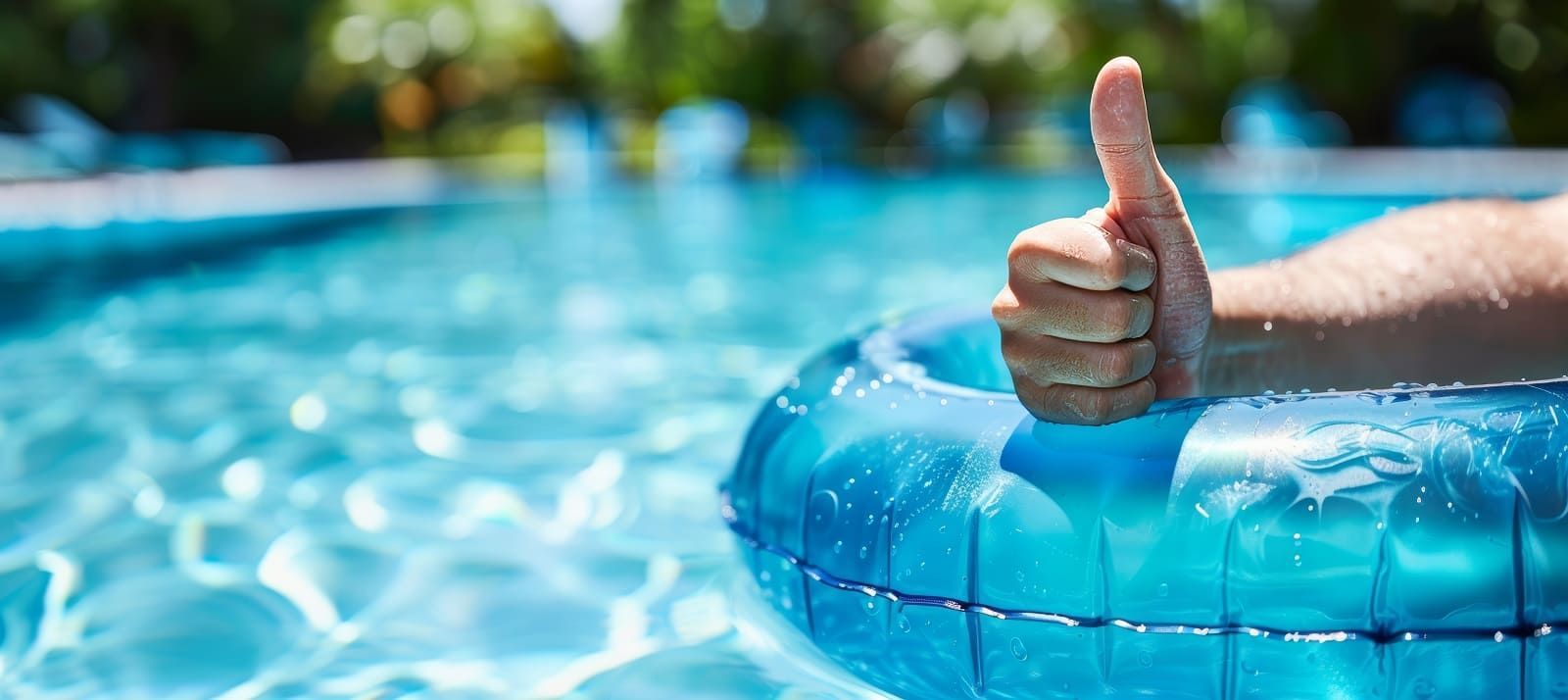
Seasonal Pool Maintenance
Pool maintenance tasks can vary with the seasons. Here's a quick guide:
Spring and Summer
- Increase Filtration: As pool usage increases, you may need to run the pump longer and clean the filter more often.
- Monitor Chemical Levels: With more swimmers, chemical levels can fluctuate more readily. Test the water more frequently.
Fall and Winter
- Pool Cover: Use a pool cover to protect your pool from debris.
- Winterize: If you live in a cold climate, winterize your pool to prevent freeze damage. This includes lowering the water level and draining pool lines.
Conclusion
LayorCare Pool & Patio Protection is here to help you keep your pool in top condition. Proper pool maintenance is essential for keeping water quality high and ensuring a safe, enjoyable swimming environment. By avoiding common pool cleaning mistakes, you can extend the life of your pool, save on costly repairs, and provide a healthy space for family and friends to enjoy. Regularly check chemical levels, clean your pool and its equipment, and adjust your maintenance routine according to the season. With these practices, you'll maintain a sparkling clean pool all year round.
Remember, a little effort goes a long way in pool maintenance. Happy swimming! Contact us for any questions.







